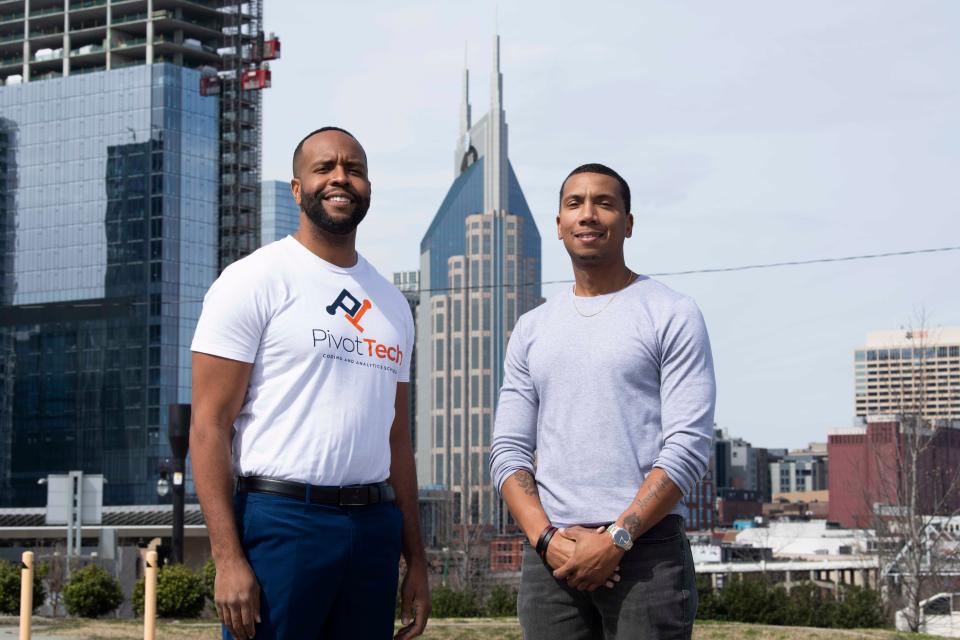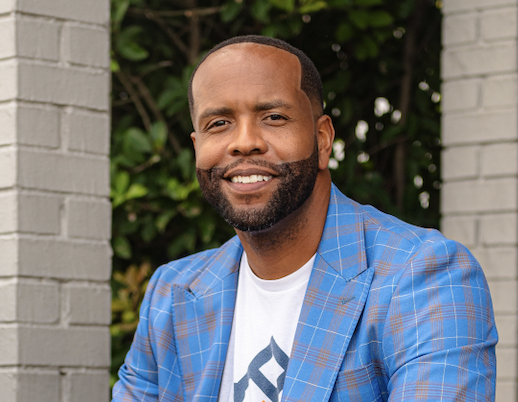How training formerly incarcerated people helps stem the tide of recidivism | Opinion
There is a crisis in America around the issue of recidivism — that is, the issue of formerly incarcerated individuals returning to prison.
Research tells us that about two-thirds of formerly incarcerated individuals will be re-arrested within three years. Individuals who recidivate inflict further pain on themselves, their families, their communities, and, of course, the victims of their crimes as well as taxpayers. But, there is something we can do.
When incarcerated people receive educational and job training opportunities, substance use disorder treatment, and other life skills while incarcerated, research shows us they are much less likely to return to prison.
Hear more Tennessee Voices: Get the weekly opinion newsletter for insightful and thought provoking columns.
The data shows that employment matters
According to a study from the independent RAND Corp., "Evaluating the Effectiveness of Correctional Education,” those who obtain GEDs while incarcerated are 30% less likely to return to prison.

The same study found that returning citizens who complete vocational training are also 28% more likely to find a job after release. Those who do find employment are much less likely to return to prison.
In a study from the University of Missouri-St. Louis, employed former offenders were 32% less likely to be arrested for any crime and 42% less likely to be arrested for a drug crime.
Each April, Tennessee and the nation commemorate Second Chance Month to highlight and share promising practices and success stories in offering education and job training, reducing barriers to reentry, and improving success for those who reenter our communities after incarceration. A pivotal part of that success is dependent on the development of partnerships that open new doors and aid people leaving incarceration with job skills, life skills and hope.
Sign up for Black Tennessee Voices newsletter:Read compelling columns by Black writers from across Tennessee.
This is how Pivot Tech's program works
Preparing people for success after incarceration is a top priority for both CoreCivic and Pivot Technology.
In January, Pivot Technology School (Pivot Tech) joined forces with CoreCivic to offer a reentry data analytics course for people in prison. This partnership will aid justice-involved individuals in securing jobs in the fast-growing tech industry upon their release from prison.

Students dedicate themselves to a 20-week, five-month virtual course and following graduation receive career support services to guide them through their individual reentry process and assist them in landing full-time jobs in the tech industry.
The first 15 Pivot Tech program participants recently graduated at Jenkins Correctional Center in Millen, Ga. The plan is to expand the Pivot Tech program to more CoreCivic facilities and to make it available in Tennessee and nationwide.
It’s a new partnership that will create a pipeline of highly trained professionals and provide workforce solutions in the fast-growing and rewarding tech industry. It is also a partnership that empowers each individual to choose a meaningful career over a return to crime.
Sign up for Latino Tennessee Voices newsletter:Read compelling stories for and with the Latino community in Tennessee.
This about transforming lives
Today, American taxpayers spend an estimated $182 billion a year to house prisoners, pay police, and provide for courts, health care, and additional expenses, and 95% of these individuals will be back in our communities someday.
But we know correctional education is cost effective and, over the long term, saves taxpayers lots of money. In fact, a RAND study found that every dollar spent on education reduced incarceration costs by $4-$5 dollars in the first three years post-release.

Second chances, and the many programs that support them, can help even more returning citizens across Tennessee truly and completely disconnect from the cycle of poverty, crime, incarceration and recidivism.
CoreCivic’s partnership with Pivot Tech is one example of the essential efforts needed across industries to improve each individual's future employment opportunities and to help transform their life.
But their success also strengthens their families and neighborhoods, saves critical dollars for taxpayers, and leads to much safer streets and communities for the rest of us.
Please join us in celebrating Second Chance Month this April - and around the year - as we all work together to help returning individuals successfully reenter society, find meaningful employment, and stay out of prison for good.
Joshua Mundy is CEO and co-founder of Pivot Technology School. Daren Swenson is vice president of Reentry Partnerships and Innovation at CoreCivic.
This article originally appeared on Nashville Tennessean: How educating the incarcerated helps stem the tide of recidivism
